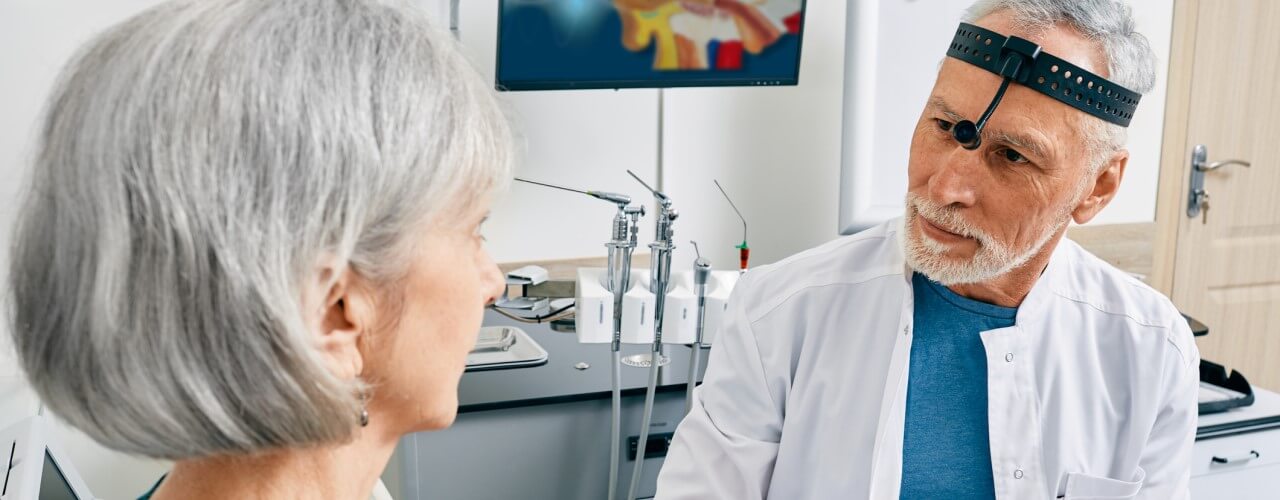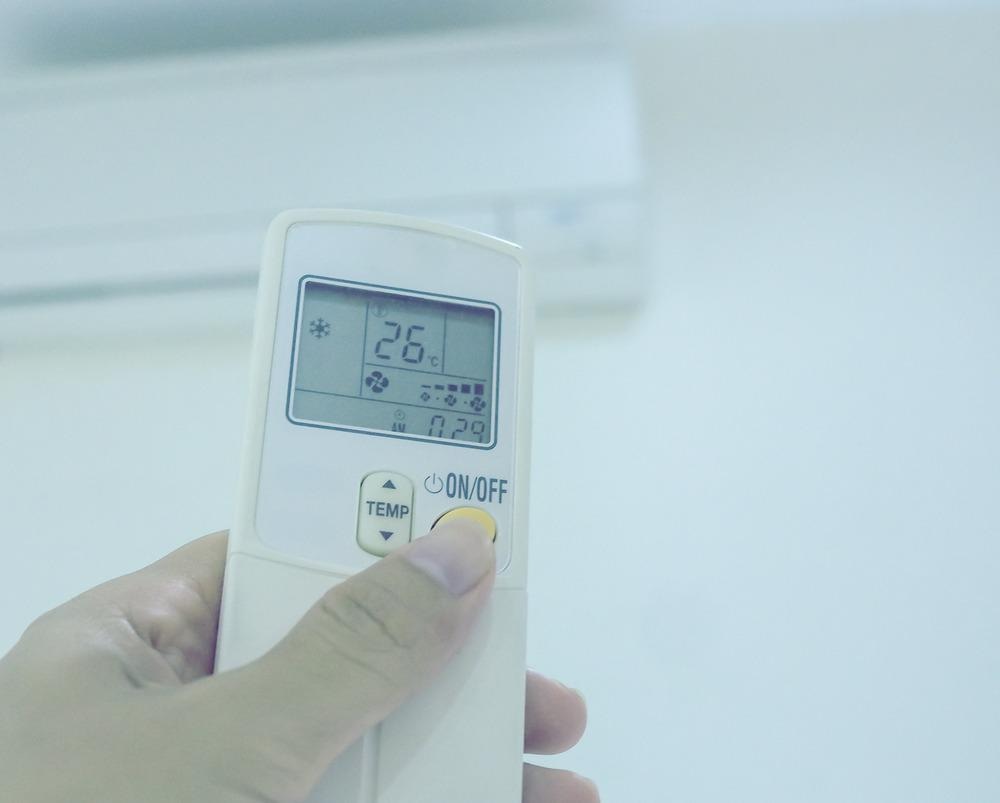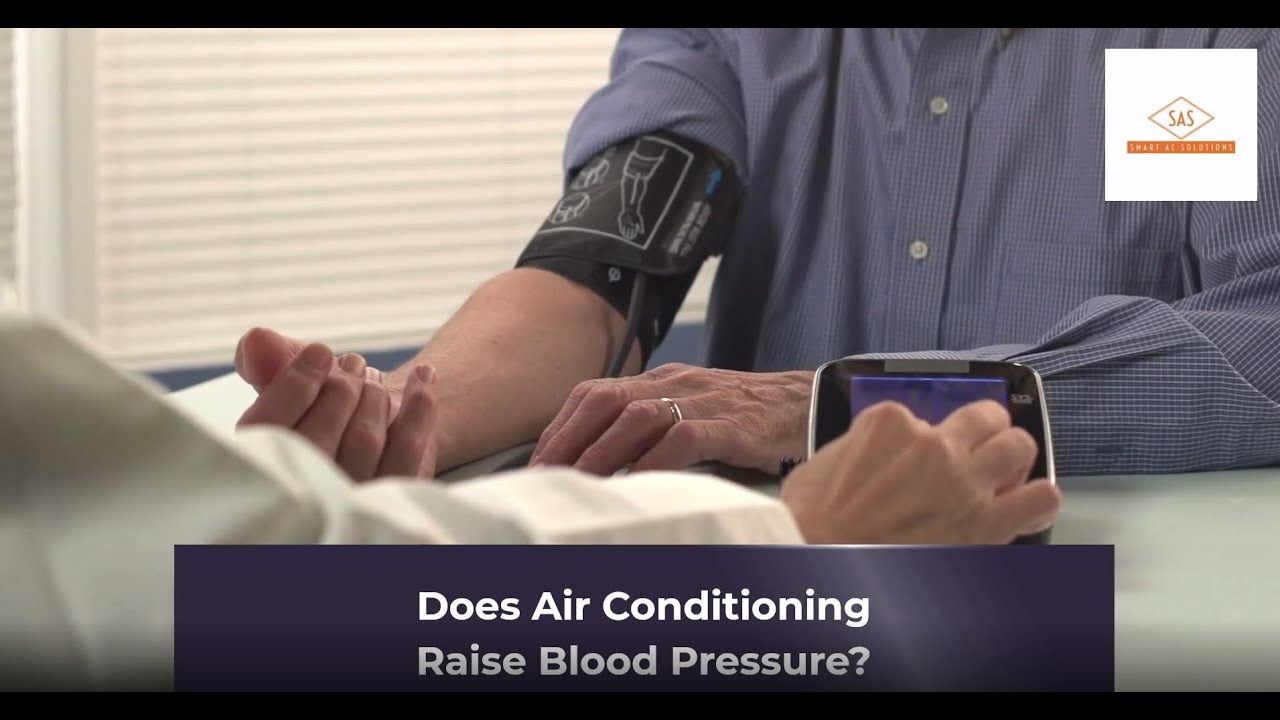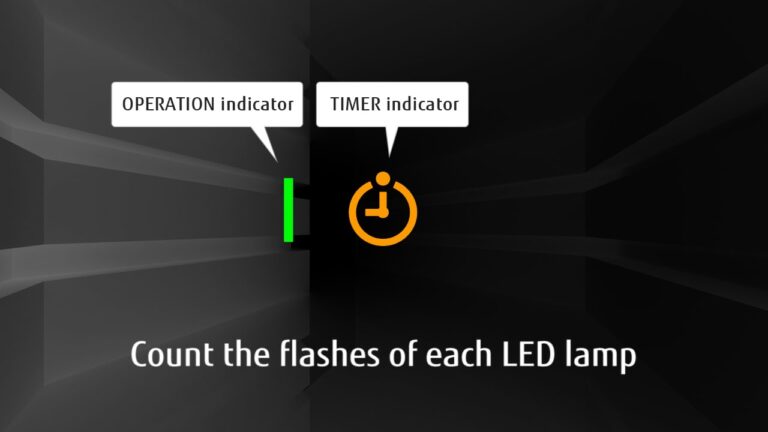Does Air Conditioning Affect Blood Pressure? Uncover the Truth
Yes, air conditioning can affect blood pressure. This may surprise some people, but the impact is real.
Air conditioning brings comfort during hot days, but it also affects your body in ways you might not expect. Cool air can cause blood vessels to narrow, which can raise blood pressure. On the other hand, staying cool can prevent the stress and discomfort that heat brings, which might lower blood pressure.
It’s important to understand how temperature changes influence your health. This knowledge helps you take better care of your heart and overall well-being. In this blog post, we’ll explore the relationship between air conditioning and blood pressure, providing insights into how you can manage the effects. Keep reading to learn more about this fascinating topic.
Air Conditioning And Health
Air conditioning can make life comfortable. It cools down hot rooms and helps us sleep better. But it can also dry out the air. Dry air can lead to dehydration. This can cause headaches and dry skin. Staying hydrated can help. Drinking water is important.
Some think air conditioning causes colds. This is not true. Colds are caused by viruses. Staying in cold air does not make you sick. Another myth is that air conditioning affects blood pressure. Studies show it does not. It is safe to use air conditioning. Just keep it clean. Change filters often.

Credit: www.harleystreetent.com
Blood Pressure Basics
Blood pressure is the force of blood against the walls of arteries. It is measured in millimeters of mercury (mmHg). There are two numbers in a reading. The first is systolic pressure. This measures the pressure when the heart beats. The second is diastolic pressure. This measures the pressure when the heart is at rest.
Many factors can influence blood pressure. These include age, weight, and stress levels. Diet also plays a role. High salt intake can raise blood pressure. Regular exercise can help lower it. Smoking and alcohol can also affect blood pressure. Some medications can cause changes too. It’s important to monitor these factors for healthy blood pressure.
How Air Conditioning Works
Air conditioning cools air by removing heat. It uses a refrigerant to absorb heat from inside. Then, it releases the heat outside. This process involves evaporation and condensation of the refrigerant. The compressor plays a key role by pressurizing the refrigerant. This change makes the refrigerant cold. Fans help to circulate the cool air inside the room. This cycle repeats to maintain a cool temperature.
Air conditioning changes the air temperature and humidity. Lower temperatures can cause blood vessels to narrow. This can affect blood pressure. Dry air may also impact skin and mucous membranes. Stable temperatures can make people feel more comfortable. But sudden changes can be stressful for the body. It is important to use air conditioning wisely.

Credit: www.news-medical.net
Potential Effects On Blood Pressure
Air conditioning can cool down the room quickly. This sudden change in temperature might cause blood vessels to narrow. Narrow blood vessels can raise blood pressure. Staying in a very cold room for too long could be harmful. It’s important to set the air conditioning to a comfortable level.
Dry air from air conditioning can affect your body. Low humidity can cause dehydration. Dehydration can make your blood thicker. Thick blood can increase blood pressure. Keeping a balance in room humidity is important. Using a humidifier can help maintain this balance.
Scientific Studies And Evidence
Air conditioning might influence blood pressure by causing blood vessels to constrict. This can lead to higher readings in some individuals. Studies suggest temperature changes impact cardiovascular health.
Research Findings
Some studies show that air conditioning can affect blood pressure. Cool air can cause blood vessels to narrow. This can increase blood pressure. In hot weather, air conditioning can help prevent heat stress. This can help maintain normal blood pressure.
Case Studies
A few case studies show mixed results. Some people experience higher blood pressure in cool environments. Others report no change. It may depend on individual health. Personal comfort levels also play a role.
Expert Opinions
Some doctors believe air conditioning can affect blood pressure. Cold air might cause blood vessels to tighten. This can raise blood pressure. Sudden temperature changes can also stress the body. This might lead to higher readings. Others think air conditioning helps reduce stress. Cool air can make people feel calm. This may lower blood pressure.
Experts in air systems have their own views. Proper maintenance of AC units is key. Dirty filters can lead to poor air flow. This can cause discomfort. Regular cleaning can improve air quality. Good air flow can help people feel better. This might help with blood pressure. Smart thermostats can keep the home at a steady temperature. This avoids sudden changes that could affect health.
Tips For Managing Blood Pressure
Air conditioning can influence blood pressure. Cold environments may cause blood vessels to constrict, potentially increasing blood pressure. Maintaining a comfortable temperature can help manage this effect.
Lifestyle Adjustments
Eat a balanced diet. Include plenty of fruits and vegetables. Reduce salt intake. Exercise regularly. Aim for at least 30 minutes daily. Avoid smoking and limit alcohol. Maintain a healthy weight. Monitor your blood pressure often. Stay hydrated. Drink enough water each day. Manage stress. Practice relaxation techniques.
Safe Use Of Air Conditioning
Keep the temperature comfortable. Avoid extreme cold. Extreme cold can raise blood pressure. Use a fan if needed. Avoid staying in air conditioning for long hours. Take breaks and go outside. Stay active indoors. Avoid sitting for long periods. Keep air filters clean. Dirty filters can affect air quality. Drink water often. Air conditioning can dry the air.

Credit: www.youtube.com
Frequently Asked Questions
Can Air Conditioning Raise Blood Pressure?
Air conditioning can potentially raise blood pressure in some individuals. Cold temperatures cause blood vessels to constrict, increasing blood pressure. However, this effect varies among people.
Is Air Conditioning Bad For Hypertension?
For those with hypertension, air conditioning could pose a risk. Cold environments can cause blood vessels to narrow, leading to increased blood pressure. Consult your doctor.
How Does Cold Air Impact Blood Pressure?
Cold air causes blood vessels to constrict, which increases blood pressure. This constriction requires the heart to work harder to pump blood.
Can Air Conditioning Affect Heart Health?
Yes, air conditioning can affect heart health. Cold temperatures cause blood vessels to narrow, increasing blood pressure and potentially straining the heart.
Conclusion
Air conditioning can influence blood pressure in various ways. Temperature changes may cause fluctuations. Cool air might lower blood pressure, while abrupt changes could raise it. Always monitor your body’s response to different environments. Consult with a healthcare professional if you notice significant changes.
Stay informed about your health and take necessary precautions. Comfortable living spaces are important, but health always comes first. Use air conditioning wisely to maintain overall well-being. Keep an eye on your blood pressure to ensure a healthy lifestyle.





